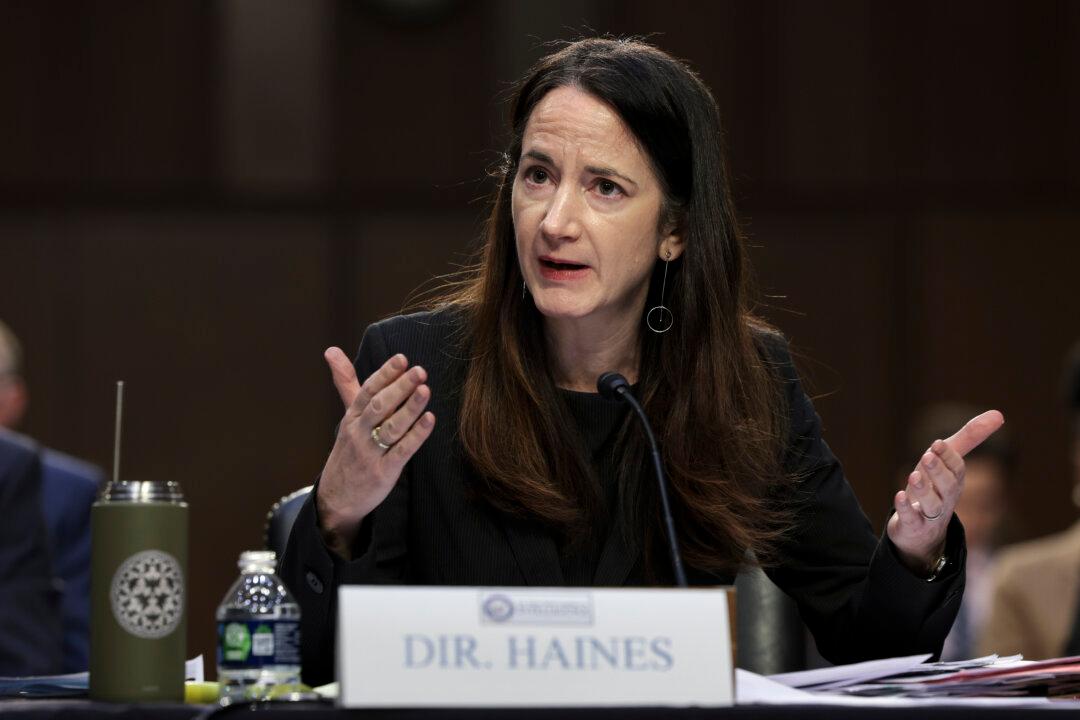The Office of the Director of National Intelligence released a document on July 6 warning state, local, and business leaders to be on the lookout for malign influence operations conducted by China’s ruling communist regime.
“For decades, a broad range of entities in China have forged ties with government and business leaders at the state and local levels of the United States, often yielding benefits for both sides,” the document (pdf) said.




